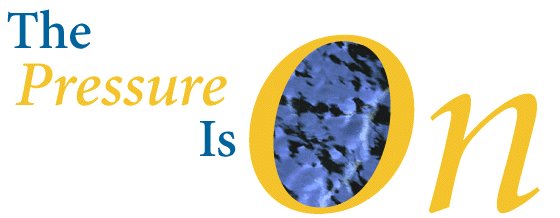
To insure your success within the client's organization, make sure you share the credit with the client's staff. There is a natural tendency to take credit and say, overtly or subtly, "Look what I did." This is a mistake we all make at some point. We do want our egos massaged, and therefore we want someone to pass on the credit to us. Who doesn't want to feel that they are in some way indispensable or at the very least, appreciated.
You have to remember the big picture however. You have to remember your real purpose is to win business and stay in favor of the client. To do this, you should be willing to share the limelight with the client's staff, not hog it. If you take credit -all the credit - the client's staff will find ways to gun you down.
I am not saying you don't take any credit or at least not be credited as part of the team. This is a fools game. You have to be seen as contributing.
What I am saying is don't take all the credit and find ways to share the credit with others. The clients you work with prefer humble people and are more likely to give you add-on business if you are seen as someone who keeps their "ego-in-check" and is willing to be a member of the team, working behind the scenes, and sharing the credit with others.
Just like you, the client's staff wants to be seen as contributing, and appreciated. We all want some sort of validation of our worth from work. Remember, what you want in terms of ego gratification, so do they. And remember, your real purpose is to win add-on business, not win a plaque that says, "Did it all by himself."
Good Luck! Joe Murphy















